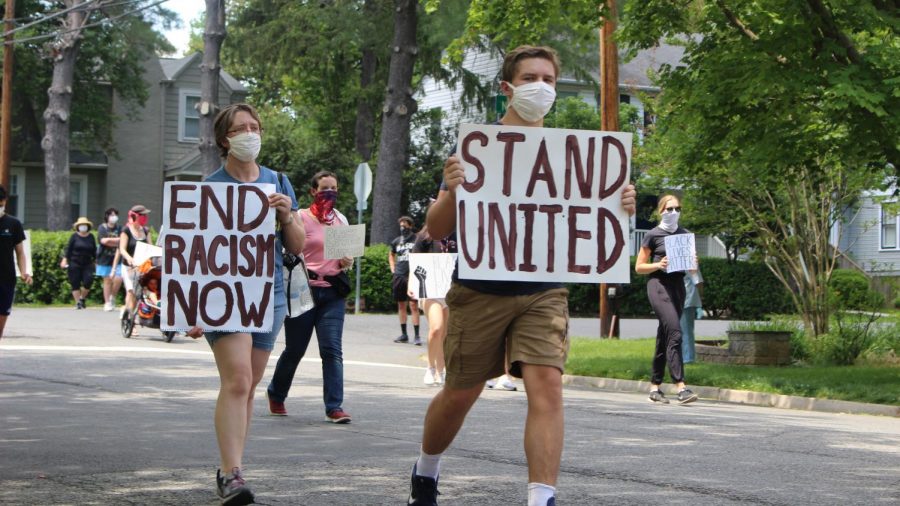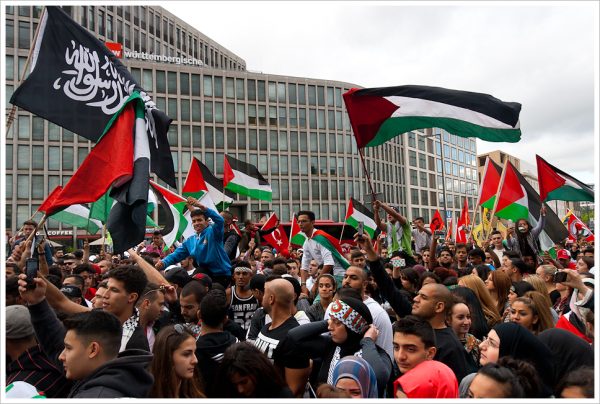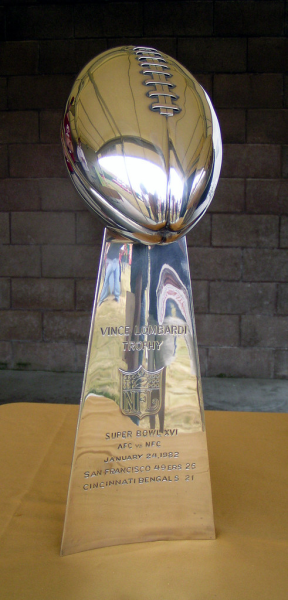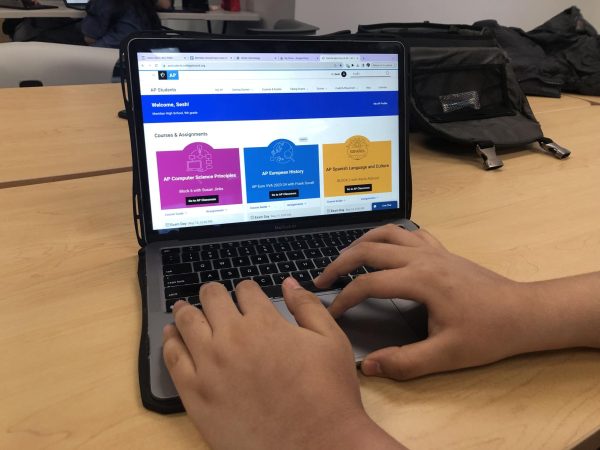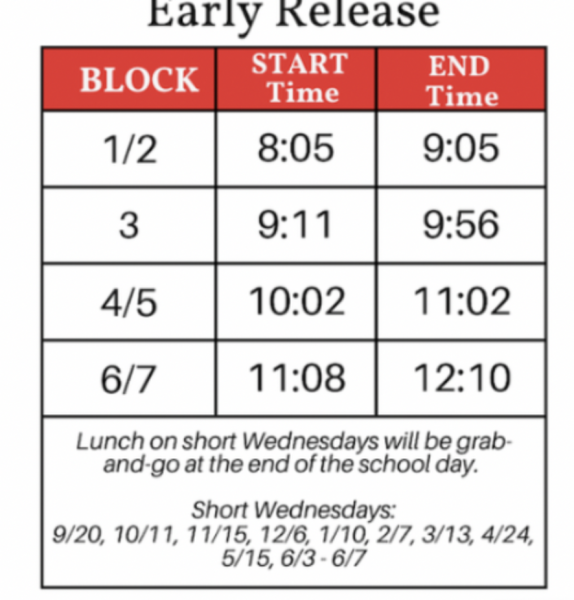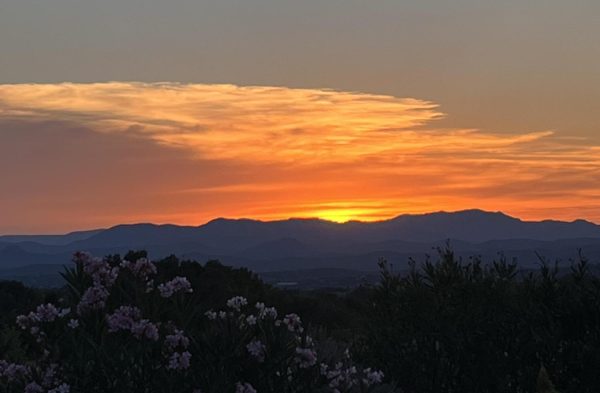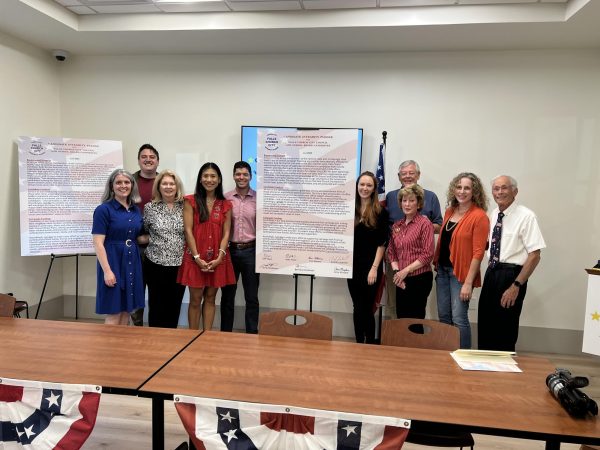Change our school names – then change the way we talk about history
Demonstrators march with signs reading “End Racism Now” and “Stand United” in the Falls Church Black Lives Matter Unity March on June 4. In the ensuing dialogue about how to address racial injustice in FCCPS, one suggestion, to change the names of George Mason High School and Thomas Jefferson Elementary School, has been met with a polarized community conversation. (Photo by Charlie Adams)
On June 9, the School Board briefly discussed the prospect of changing the names of Thomas Jefferson Elementary School and George Mason High School.
This was prompted by a community-wide discussion about the school names, following national demonstrations protesting police violence against black Americans and other racial injustices deep-seated in our communities. For FCCPS students, this particular conversation is centered around a petition to change the name of Thomas Jefferson Elementary circulating social media, started by FCCPS alum Hayley Loftur-Thun. As of June 11, the petition had 488 signatures.
Thomas Jefferson and George Mason were both slave owners. They participated in and perpetuated the institution of slavery. This indisputable fact should be enough to make the decision easy – this does not represent the values of Falls Church, so the two men should no longer be honored with a school name. They should not be on our buildings, in our Instagram bios, or on our jerseys.
Changing the names would not erase or deny that the two men were integral to the America we exist in today, nor would it suggest that Mason and Jefferson were one-dimensional, exclusively racist figures. It would simply reframe the narrative:
Our country was designed by slave owners, including George Mason and Thomas Jefferson, who diminished human beings into means of profit. That means our country and state (and city and school system) have a history that, while it is also other things, is racist. That should never be overlooked, although it may not be easy to discuss, and our school system should not continue to honor that part of our history in any way.
For FCCPS students, the names of our schools are significant. We watch videos, work on projects, and listen to lectures regarding the political contributions of Thomas Jefferson and George Mason. Their ownership of slaves and the ways they contributed to American racism are largely absent from our curriculums. Other historical figures who led groundbreaking civil rights movements are reduced to mere days of units. FCCPS not only needs to implement name changes but needs to make efforts to be more inclusive, thorough, and honest in their curriculums.
A symbol of our commitment to discuss history in a way that does not gloss over racism and that prioritizes anti-racism is worth the challenges of name changes – the cost, the obstacles, and the community-wide adjustment required.
These changes should happen rapidly, in order to not delay, deflect, or distract from further anti-racism action we could be taking, or the realities of our city and school system that we need to address – for example, that our community remains overwhelmingly white, due to a history of redlining and perpetuated by a lack of affordable housing.
It’s simple. We should no longer have school names whose justifications rely on the premise of “yes, they were slave owners, but…”. Falls Church City then needs to move forward with curriculum change that is anti-racist, and policy change that addresses racial disparities in our city and schools.

Sequoia writes about art, culture, and politics. She has odd taste in pizza toppings.

Eva is a senior and is excited for her final year with The Lasso. She loves Heath bars and her dog, Gus.


